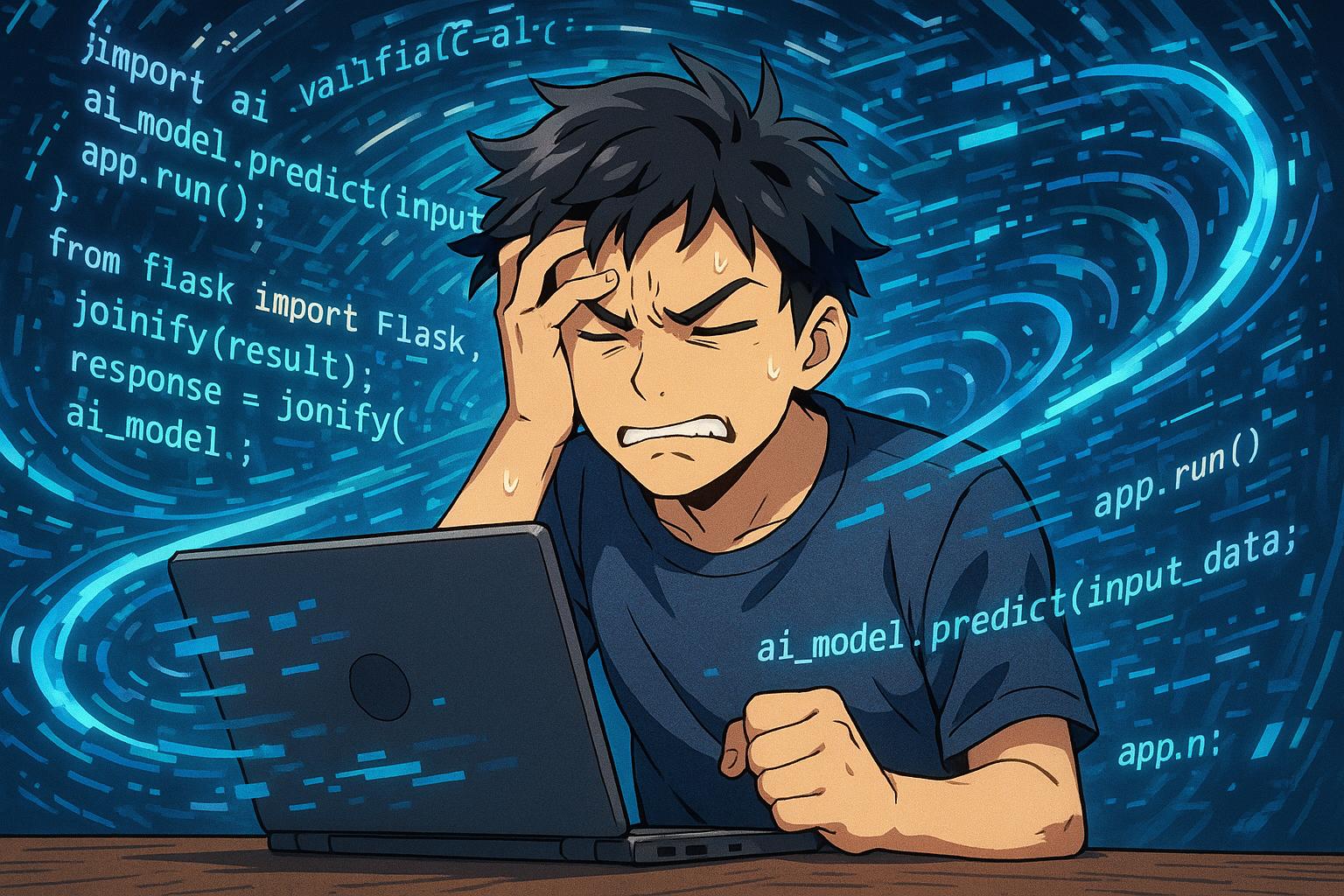As artificial intelligence continues its rapid ascent in the tech landscape, a new study highlights the prevailing frustration among developers regarding the integration of AI into application development. A staggering three in four developers perceive this integration as a significant pain point. Despite the hype surrounding AI, its implementation remains an arduous task that can hamper progress rather than enhance it.
The integration deficit is underscored by recent insights from Gartner, which note that while CEOs are increasingly enthusiastic about agentic AI and its potential to streamline operations, software engineers face mounting frustrations. Many struggle with the complexities and nuances involved in embedding AI functionalities into existing systems. As Gartner VP Analyst Jim Scheibmeir stated, “Even with business leaders focusing more on this technology and despite the growing hype, execution is not easy.” This sentiment reflects a broader concern within the industry, where integrating AI tools often involves navigating convoluted development stacks that can stifle innovation.
Meanwhile, the potential benefits of AI deployment cannot be overlooked. Developers are beginning to experience AI as a means of unburdening themselves from monotonous tasks, affording them more time for creativity and problem-solving. Gartner's projections suggest that by 2028, non-traditional tech professionals—such as those with backgrounds in psychology and design—will make up a larger share of software teams, indicating a democratization of the development landscape. This shift also highlights the significant role that generative AI will play in bringing diverse perspectives to the table.
However, the integration of AI is beset with challenges. Many organisations are grappling with concerns related to security and data privacy, particularly as AI tools require access to sensitive information. As noted in industry reports, 90% of IT leaders acknowledge struggles with integrating these technologies into existing infrastructures. Furthermore, a lack of trust in AI outputs persists, with around 66% of developers expressing distrust in the AI tools they utilise. This mistrust often stems from concerns about the accuracy and reliability of the AI-generated code, which can lead to significant errors if not closely monitored.
In response to these challenges, companies are starting to reconsider their entire approach to the AI development stack. Simplifying tools and processes can not only mitigate these frustrations but also enhance team productivity. Developers are calling for user-friendly solutions that streamline workflows, potentially saving them as much as two hours a day. As the industry evolves, the focus on creating seamless AI integration may prove critical in attracting and retaining top talent excited about working with innovative technologies.
In this context, the future of coding may evolve into an era of 'vibe coding', where creative exploration merges with AI assistance to rapidly prototype and test ideas. While AI promises to enable teams to produce more code with fewer people, understanding the foundational challenges—such as vague project specifications or miscommunication about user needs—remains crucial.
Overall, the landscape of application development is undergoing transformative changes driven by AI. As the relationship between human ingenuity and artificial intelligence continues to develop, professionals in the industry must remain vigilant, balancing the allure of new technologies with the demands for accuracy, security, and creativity.
Reference Map:
- Paragraph 1 – [1], [6]
- Paragraph 2 – [1], [2], [4]
- Paragraph 3 – [3], [5], [6]
- Paragraph 4 – [4], [7]
- Paragraph 5 – [2], [3]
Source: Noah Wire Services
